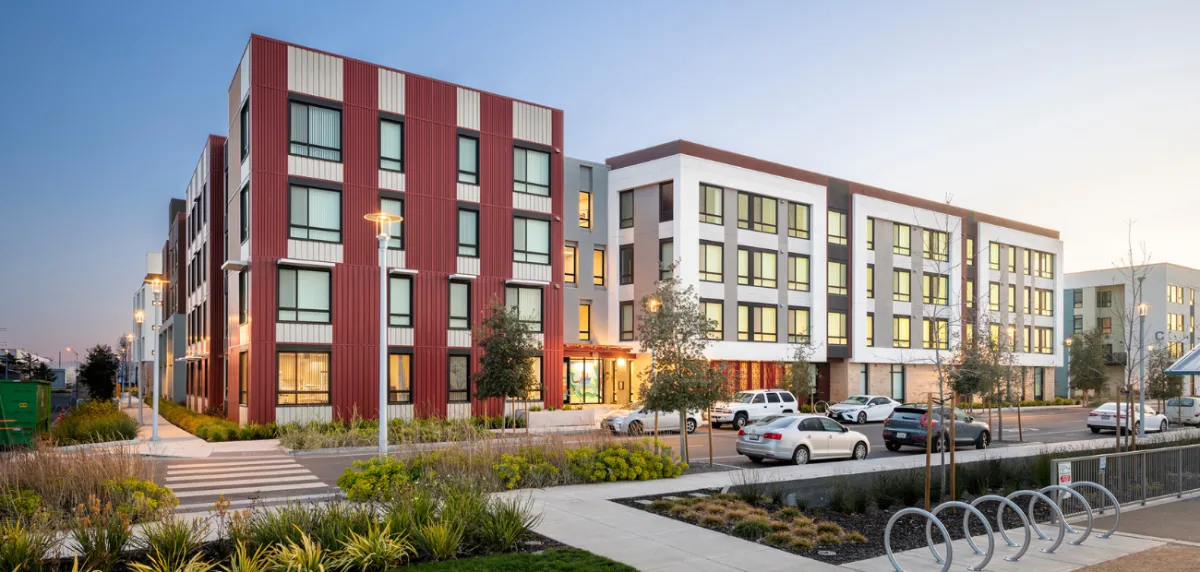Larger apartment owners have had better rent collections than smaller mom-and-pop owners.
Apartment performance during the pandemic has been uneven, depending on ownership and asset size. New data from The National Multifamily Housing Council shows that while overall rent collections have been consistently high, not all apartment owners are on a level playing field.
The National Multifamily Housing Council tracks rent data for professionally managed apartment properties, representing a little more than half of the apartment market. However, single-family rentals and two-to-four-unit properties account for 55% of the total rental housing stock in the US, and most of these properties have small, private ownership. Looking at only one segment of the rental market can produce misleading results about the state of the market. For example, the owners of properties with less than five units have lower income, are more likely to be in distress and are more greatly impacted by reduced rent collections.
Professionally managed properties have experienced strong rent collections throughout the pandemic. In the first six days of October, rent collections matched the previous year; however, in the two weeks following, rent collections fell by 2.4% and 1.8% compared to rent collections for the same period in 2019. This shows that numbers can change from week to week; however, throughout the pandemic overall rent collections have only been down one or two percentage points. In addition, data from Yardi Matrix showed only an average of $1 monthly rent decrease for professionally managed apartment buildings.
While rent collections paint a positive picture of the pandemic, other metrics show negative trends, according to NMHC. For example San Jose and San Francisco have both had more than a 5% decrease in apartment rents. Moreover, New York and San Francisco have both seen strong net move outs of 11,705 and 3,637 respectively. In addition, properties in urban cores have underperformed compared to properties in suburban markets. This trend markets the first year-over-year decline in the urban core since 2010.
Looking ahead, NMHC notes that there are better ways to address renters’ financial issues and challenges affording rent payments: namely, Congress needs to provide better financial assistance to prevent falling rent collections. This includes residents accumulating back rent that will be owed eventually, potentially indebting renters and damaging credit scores.
With increasing COVID-19 cases nationwide, it is clear that renters’ will face challenges making monthly rent payments for the long-term. For this reason, the NMHC says that Congress would play a critical role in stabilizing the industry if it provided financial support to renters. This action, according to the organization, would also aid in economic recovery.











